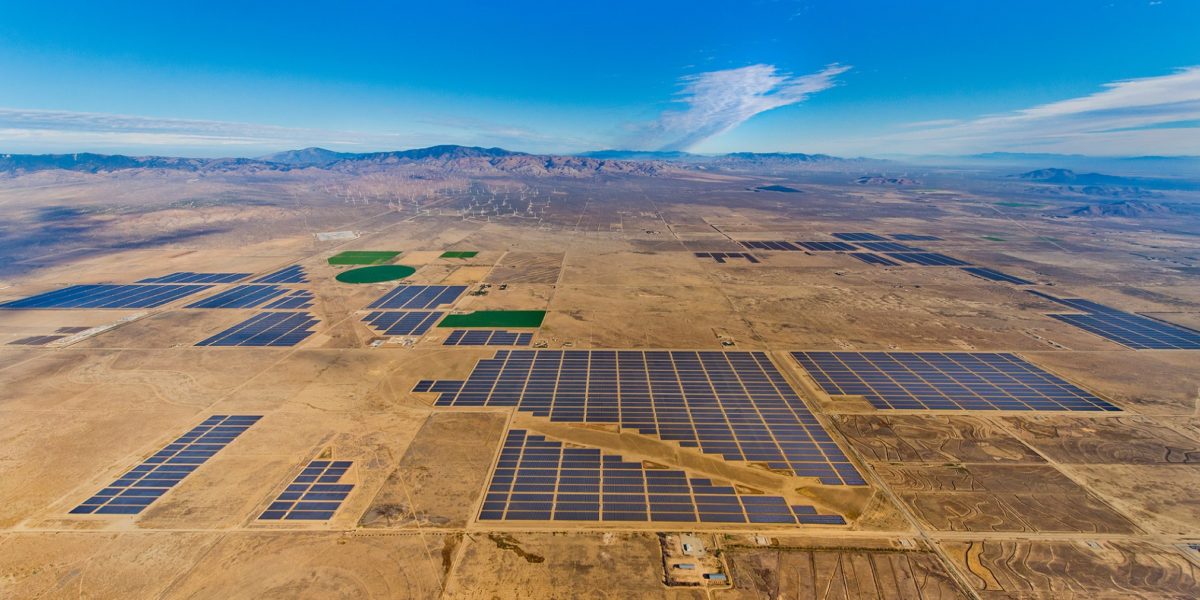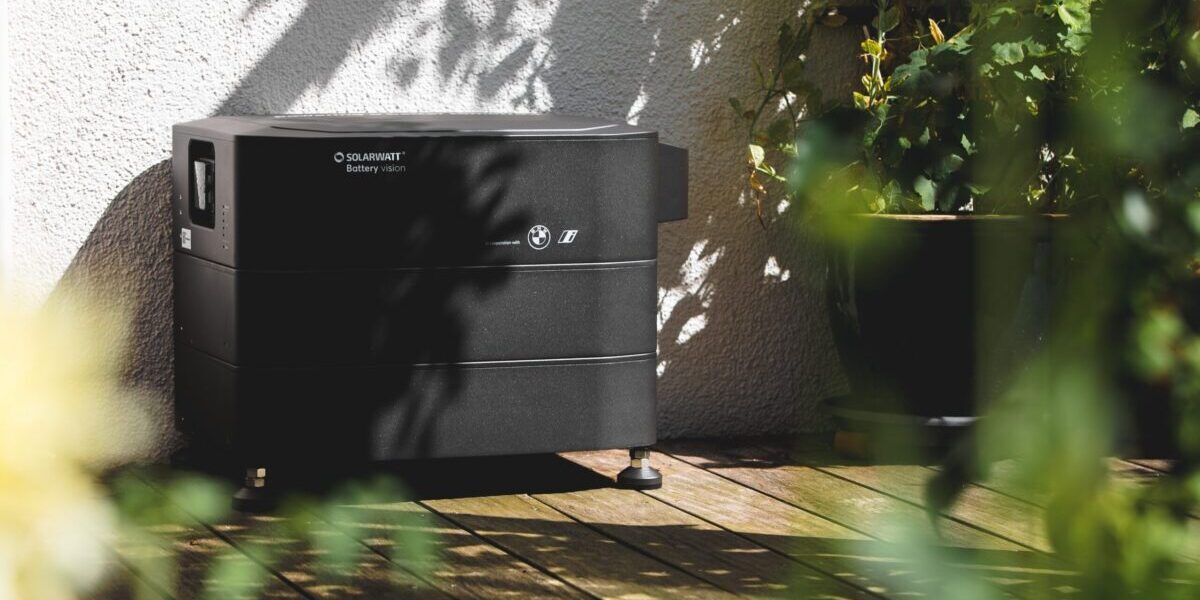New figures from GTM Research and the Solar Energy Industries Association show that solar really proved its worth last year in the USA. The country installed a massive 14.6 GW over the year, almost doubling the previous years figure. Solar also accounted for 39% of new generation brought online in 2016, making it the largest source of added capacity overall for the first time ever.
Big things also looks to be in store in the Middle East this year. As the dust from January’s World Future Energy Summit settles and the Middle East Solar Energy Industries Association (MESIA) publishes its outlook for the year, which it says will the biggest yet for the region.
The report from MESIA shows a 4 GW pipeline of projects under construction or tender, with Egypt planning to build big between now and 2020, and Saudi Arabia beginning to make a move toward renewables, and solar in particular.
A feeling of uncertainty hangs around renewables policy in many Western nations, with SolarWorld ending its production of multicrystalline products and cutting 400 jobs in Germany, and a report from the U.K. citing lack of Government incentives as the biggest barrier to deployment of solar at local authority level.
Developing nations, however, are taking the transition to renewables by storm. A report from the World Bank this week singled out Mexico, Turkey, India, Vietnam, Brazil and China for praise for their solid policies supporting solar and other renewables. Asian nations in particular are expected to lead the way for clean energy in 2017, something which is reflected in the Asian Development Bank’s recent announcement that its funding for climate related projects rose by 42% in 2016. The bank financed several large-scale projects on the continent last year, and is committed increasing funding for climate initiatives to US$6 billion by 2020.
History looks set to repeat itself in China, as Norwegian based polysilicon producers REC announce that, inline with other industry analysts, they are expecting to see a manufacturing and installations rush in the first half of the year, leading up to a FIT cut set to take place in July. This time around though, according to REC, low inventories across the supply chain should help to suppress demand and price volatility in the second half of the year.
There was mixed news from two of the largest markets for energy storage this week, as a proposed ban on installing lithium-ion batteries inside houses in Australia was announced. Thanks to its high electricity costs and high adoption of residential solar, Australia is widely seen as the world’s strongest market for storage. If passed though, this ban could add thousands to the cost of installation and really take the wind out of the burgeoning industry’s sails.
News was better from over in the USA though, as German storage specialists sonnen announced they will be opening a new manufacturing and R&D facility in Atlanta, Georgia, which is expected to come online in the second quarter of 2017. sonnen CEO Christopher Ostermann cited “the immense potential of the North American market” as the reason for the expansion.
This content is protected by copyright and may not be reused. If you want to cooperate with us and would like to reuse some of our content, please contact: editors@pv-magazine.com.




By submitting this form you agree to pv magazine using your data for the purposes of publishing your comment.
Your personal data will only be disclosed or otherwise transmitted to third parties for the purposes of spam filtering or if this is necessary for technical maintenance of the website. Any other transfer to third parties will not take place unless this is justified on the basis of applicable data protection regulations or if pv magazine is legally obliged to do so.
You may revoke this consent at any time with effect for the future, in which case your personal data will be deleted immediately. Otherwise, your data will be deleted if pv magazine has processed your request or the purpose of data storage is fulfilled.
Further information on data privacy can be found in our Data Protection Policy.